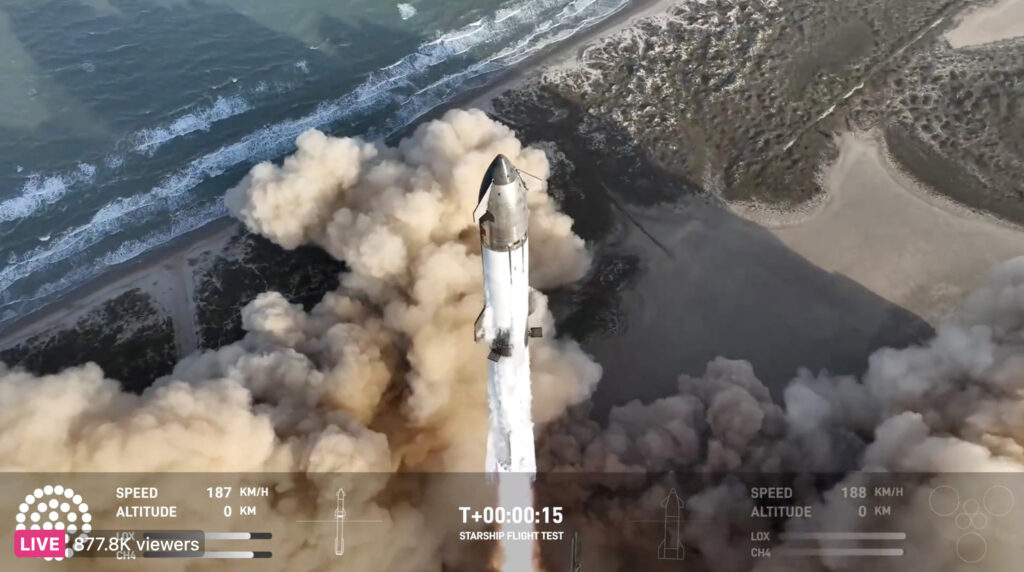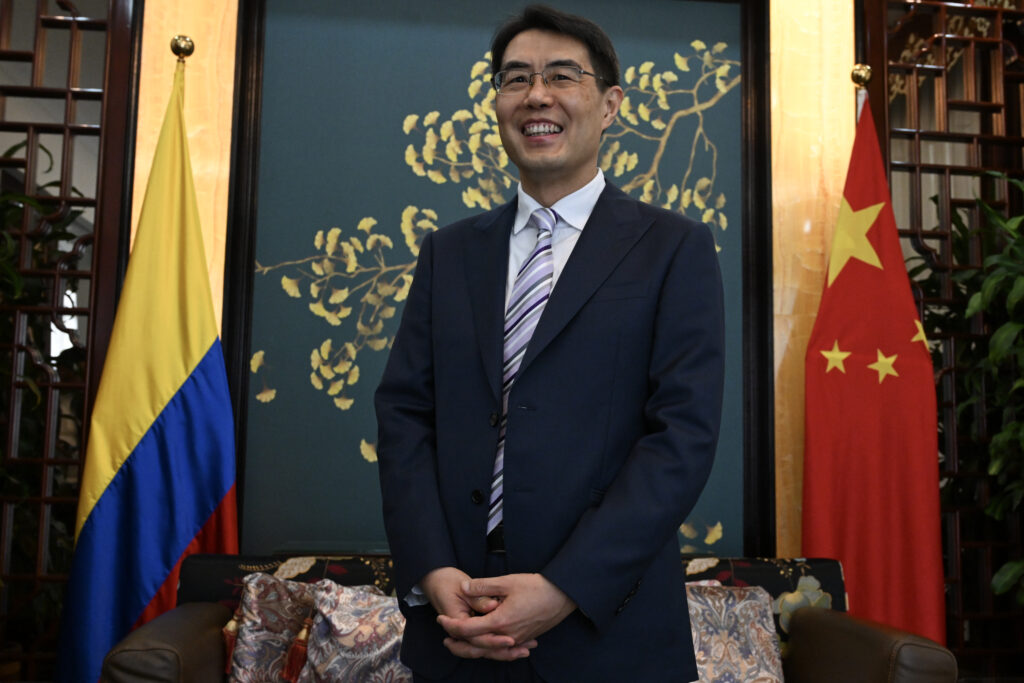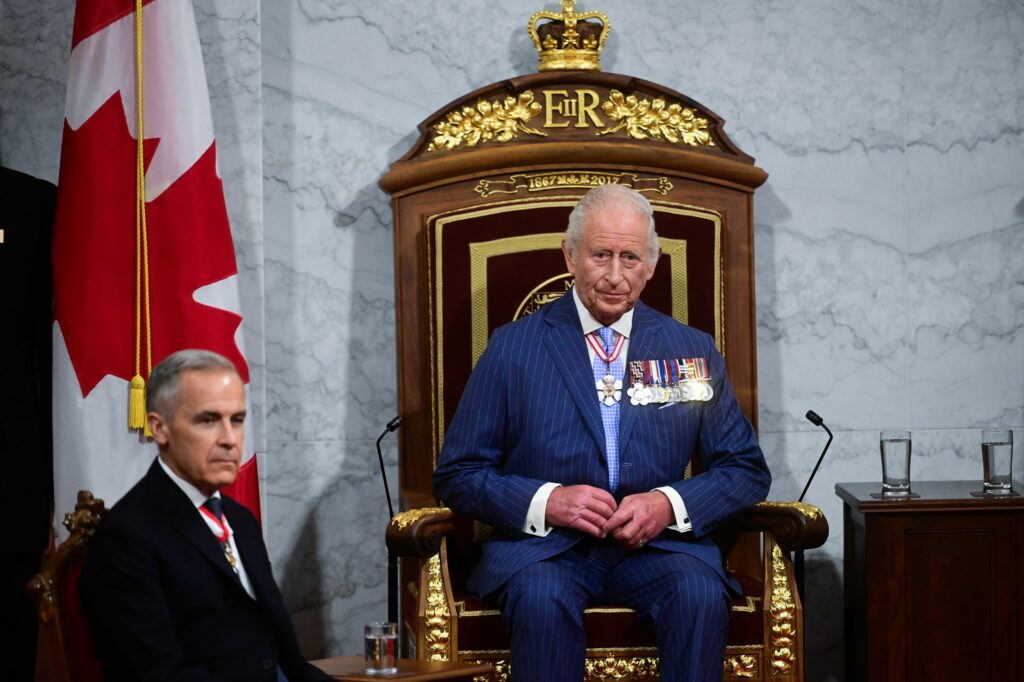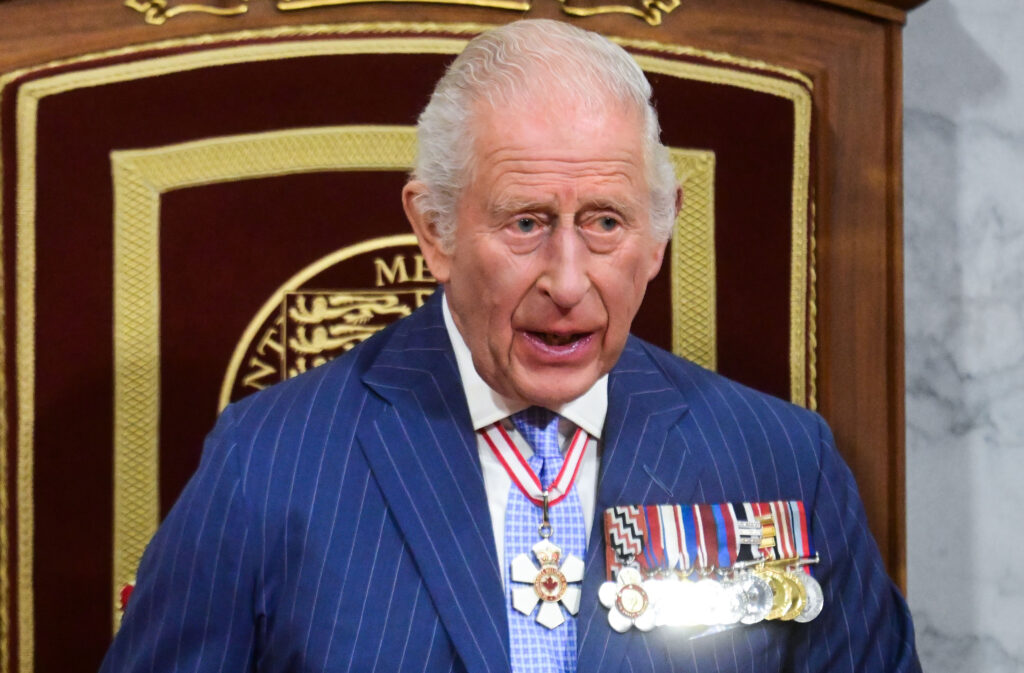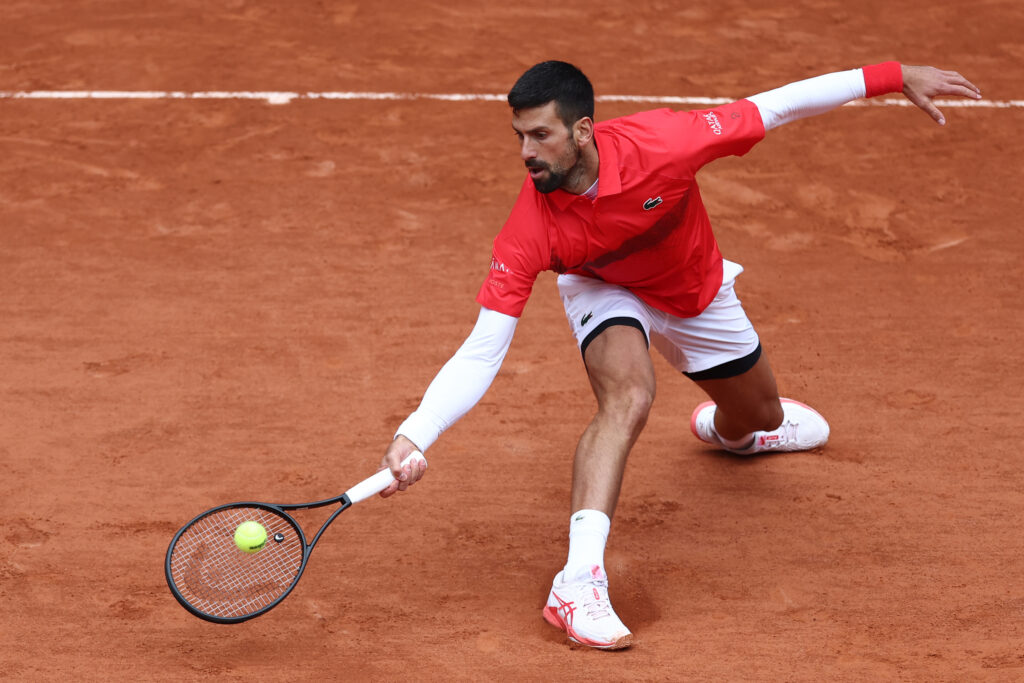Lancement de la mégafusée d’Elon Musk Starship, après deux explosions
L’entreprise SpaceX du multimilliardaire Elon Musk a lancé une nouvelle fois mardi sa mégafusée Starship, développée pour partir à la conquête de Mars, après deux explosions spectaculaires survenues coup sur coup lors des derniers vols d’essai.Haute de 123 mètres, soit la taille d’un immeuble d’environ 40 étages, cette fusée est la plus grande et la puissante jamais conçue.Dans un colossal nuage de fumée, elle s’est élancée peu après 23H35 GMT dans le ciel du Texas sous les applaudissements de dizaines de curieux rassemblés sur une plage avoisinante.Le fondateur de SpaceX, Elon Musk suivait lui le décollage directement depuis le site de l’entreprise Starbase, vêtu d’un T-shirt affichant sa devise: “coloniser Mars”.Le richissime entrepreneur compte en effet sur cette mégafusée pour mener à bien son projet fou de conquête de la planète rouge, nécessaire selon lui pour faire des humains une espèce “multiplanétaire” et offrir un plan de secours dans le cas où la Terre deviendrait inhabitable.Une version modifiée de Starship doit également servir au programme Artémis, qui prévoit le retour des Américains sur la Lune.- Réutilisation -Lors de ce neuvième essai, SpaceX a réutilisé pour la première fois un premier étage de fusée ayant déjà volé et été récupéré, signant ainsi une nouvelle étape vers son objectif de totale réutilisation de la fusée, une caractéristique qui doit permettre de réduire considérablement les coûts et les ressources.A cette occasion, le premier étage ne devait pas revenir cette fois sur son pas de tir mais aller “s’écraser brutalement” dans les eaux du golfe du Mexique, unilatéralement rebaptisé “golfe d’Amérique” par Donald Trump, avait prévenu SpaceX.Toutefois, le propulseur a probablement explosé peu avant de toucher la surface de l’eau, selon des propos d’employés de SpaceX lors d’une retransmission vidéo mentionnant la “disparition” de l’engin et de fortes explosions entendues par un journaliste de l’AFP.Le vaisseau, qui avait explosé en altitude lors des deux derniers vols a lui réussi à atteindre sa trajectoire.- Explosions et débris -Les deux précédents essais de Starship tenus en début d’année s’étant soldés par des explosions en altitude et des pluies de débris au-dessus des Caraïbes.A chaque fois, le premier étage de la fusée, propulsant l’ensemble, avait réussi à revenir sur le pas de tir et à être rattrapé par des bras mécaniques – une manoeuvre spectaculaire que seule SpaceX maîtrise.Mais l’immense vaisseau avait lui explosé en altitude les deux fois, contraignant les autorités à dévier les trajectoires d’avions ou encore à retarder des décollages. Des incidents spectaculaires mais loin d’être inédits, l’entreprise d’Elon Musk misant sur une stratégie risquée: lancer de multiples prototypes afin de corriger au fur et à mesure les problèmes rencontrés en situation de vol.Une philosophie qui a fait son succès, mais n’est pas exempte de critiques, notamment sur le plan environnemental.Des associations ont ainsi porté plainte en 2023 contre les autorités américaines, les accusant d’avoir mal évalué l’impact de ces lancements, alors que la base spatiale de l’entreprise au Texas est située à proximité de zones naturelles protégées.En dépit de ces critiques, le régulateur américain de l’aviation, la FAA, a accordé début mai son feu vert à l’augmentation de la cadence des lancements de Starship de 5 à 25 vols annuels.
